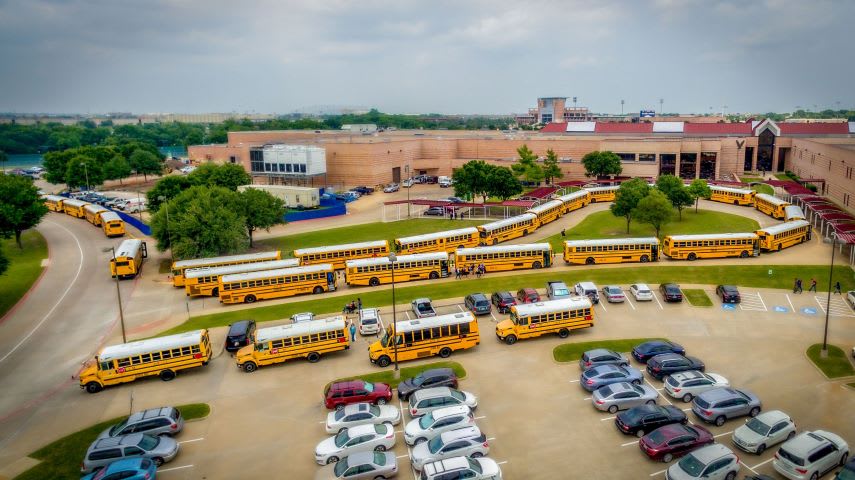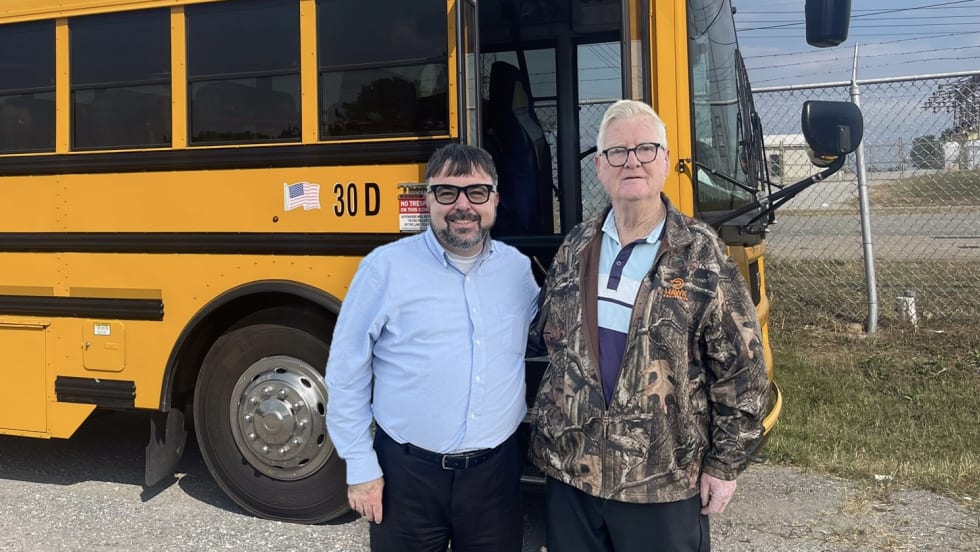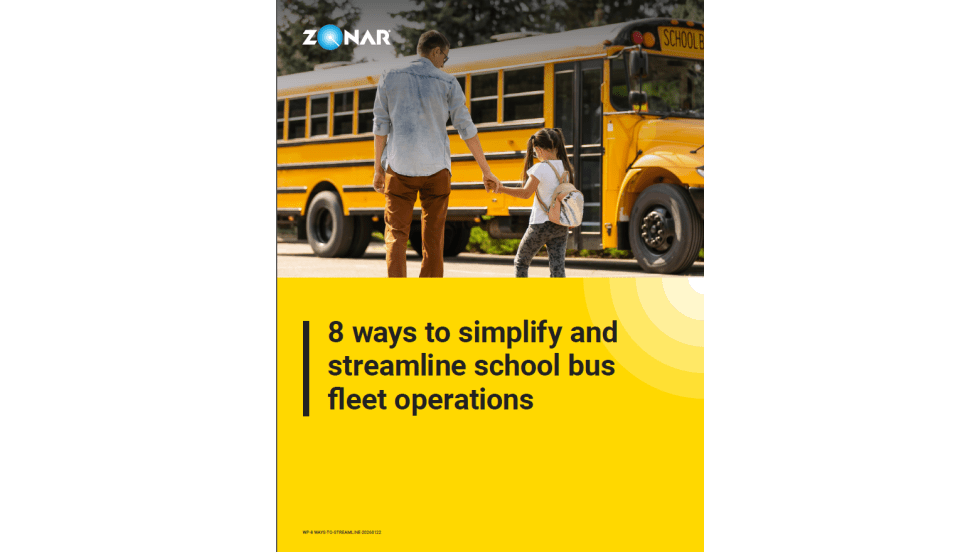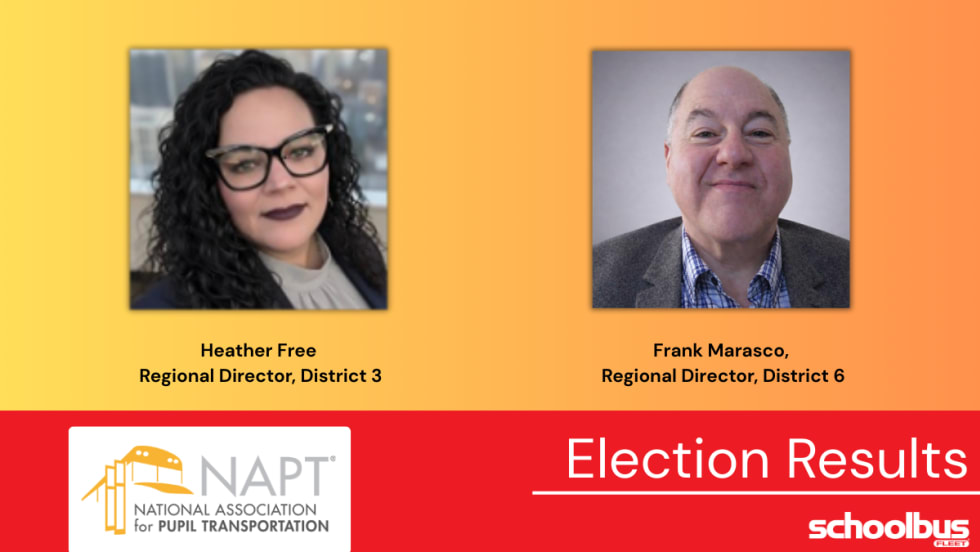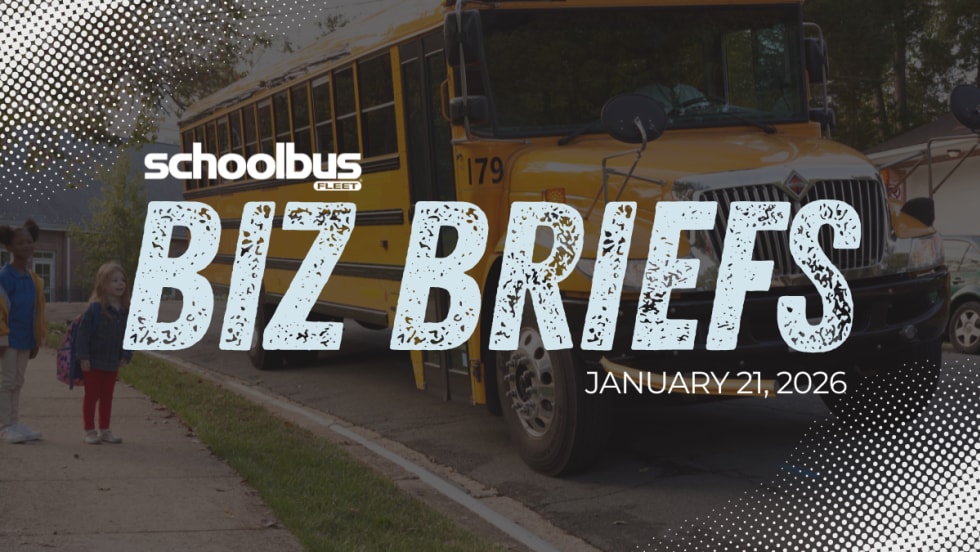
WASHINGTON, D.C. — The National School Transportation Association (NSTA) applauded the U.S. Senate’s passage of the Coronavirus Aid, Relief, and Economic Security (CARES) Act on Thursday, particularly a provision designed to help pupil transporters.
The legislation comprising the $2 trillion stimulus bill, which was the subject of intense negotiations over the past week, cleared the Senate by a 96-0 vote in early Thursday morning. It now heads to the House of Representatives, where it is expected to pass tomorrow and head to President Trump’s desk for signature.
A key provision, designed specifically due to NSTA expressing and elevating concerns about continuing contractual payments to school bus operators, was included in the bill, according to a news release from the NSTA.
Overall, the bill provides $30.75 billion for an "Education Stabilization Fund" for states, school districts, and institutions of higher education for costs related to the COVID-19 pandemic. Of that, $13.5 billion is allocated for elementary and secondary education schools, distributed through states.
Of note in the provision is a condition on receipt of the funding: “A local educational agency, state, institution of higher education, or other entity that receives funds under ‘Education Stabilization Fund,’ shall to the greatest extent practicable, continue to pay its employees and contractors during the period of any disruptions or closures related to Coronavirus.” [Section 18006]
At the onset of the COVID-19 crisis, NSTA vigorously pursued support for the student transportation industry by asking U.S. Education Secretary Betsy DeVos and 50 state governors to immediately require school districts to fund pupil transportation contracts through the conclusion of the COVID-19 pandemic.
NSTA Executive Director Curt Macysyn said that the organization continued to work with governors, state departments of transportation and education, Congress, and the Trump administration to craft a workable resolution that could provide relief for hundreds of thousands of school bus drivers, mechanics, dispatchers, and office support staff and preserves the capacity of private student transportation to re-engage immediately after the crisis is resolved.
“NSTA heard from many of its members that school districts may not feel empowered to act unilaterally and were seeking guidance on making continued payments to school bus contractors and others,” Macysyn said. “This bill provides that guidance, as the clear legislative intent is for schools and school districts to continue to pay their employees, and to maintain relationships with and continue to pay their contractors throughout the conclusion of the school closures related to the COVID-19 health crisis.”
Macysyn added that maintaining relationships with school districts allows contractors to continue paying employees and stay solvent and will reassure districts that contractors will have the staff to begin service again when it is needed.




